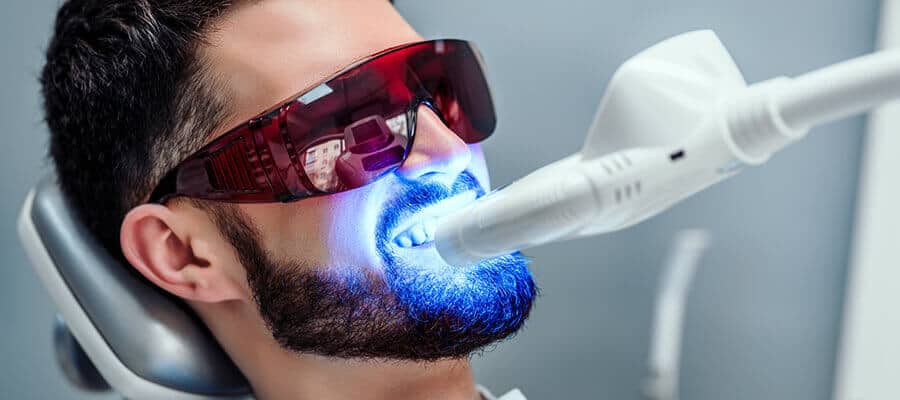
What To Do If You Have a Cracked Tooth

Experiencing a cracked tooth can be alarming and uncomfortable. Whether it’s due to biting into something hard, an injury, or general wear over time, knowing how to handle a cracked tooth is crucial to prevent further damage. Here’s a patient-focused guide on what steps to take and when to see a dentist like Dr. Rader in Sevierville.
Recognizing a Cracked Tooth
The first step is to recognize the symptoms of a cracked tooth. You may experience pain when chewing or biting, sensitivity to hot and cold, or a sharp, sudden pain that comes and goes. Sometimes, the crack might be visible, while in other cases, it may be difficult to see, but the discomfort is noticeable. If you suspect you have a cracked tooth, it’s essential to act quickly.
Immediate Steps to Take
If you suspect that your tooth is cracked, there are some immediate steps you can take to manage the pain and protect the tooth before you see a dentist.
- Rinse your mouth with warm water to keep the area clean and reduce the risk of infection.
- Apply a cold compress to your face near the affected area to help reduce any swelling.
- Avoid chewing on the cracked tooth, as this can cause the crack to worsen.
- Take over-the-counter pain relievers to help manage discomfort, but avoid placing the medication directly on the tooth or gum.
Why You Should See a Dentist Quickly
A cracked tooth won’t heal on its own and requires professional evaluation. If left untreated, the crack can deepen, leading to more serious complications, such as infection, nerve damage, or even the loss of the tooth. Dr. Rader recommends scheduling a dental visit as soon as possible if you suspect a cracked tooth.
At your dental appointment, your dentist will examine the tooth and may perform tests or take X-rays to determine the severity of the crack. Treatment options depend on the size and location of the crack. Minor cracks may be treated with bonding or a dental filling, while more severe cases may require a crown or root canal to save the tooth.
Preventing Future Damage
After addressing the cracked tooth, it’s essential to take steps to prevent future dental issues. Simple changes such as avoiding chewing on hard foods like ice or popcorn kernels, wearing a mouthguard during sports, and addressing any grinding or clenching habits can protect your teeth from further damage.
Restore Your Smile in Sevierville
If you suspect you have a cracked tooth, don’t wait for the symptoms to worsen. Contact Dr. Rader in Sevierville for an evaluation and prompt treatment. Addressing the issue early can save your tooth and prevent long-term complications. Taking care of your oral health is essential to maintaining a healthy, pain-free smile.






